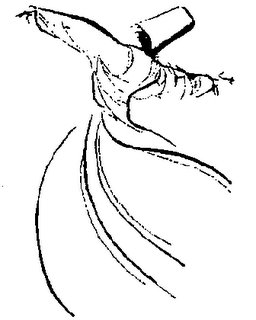Ante Diem IV Idus December

Modern Date : December 10th
Ante Diem IV Idus December
Forth Day to the Ides of December
This is one of the dies comitiales when committees of citizens could vote on political or criminal matters.
The Septimontium
This day is the beginning of the tribunician year, or the day on which the tribunes would begin their year of service to the people of Rome. A civic ceremony would be held this day, followed by a feast to which all citizens were invited.
The first tribunate of C. Gracchus began this day in 124 BCE.
Decima, the middle Fate in charge of the present, presides over December, but the month may have received its name as the tenth month of the Roman calendar. Vesta, patroness of fire also laid claim to the month of December.
Lux Mundi
This is the date of the Roman festival of Lux Mundi ("light of the world"), still celebrated in Europe, especially in France, where this day commemorates Liberty, the goddess of light whose Statue was presented by France to the United States. This is among the first of the festivals of light traditionally held in the weeks before the winter solstice; and one of many goddess festivals of peace and freedom held in early December, before the more raucous events such as Saturnalia on 12/18 that precede the Winter Solstice.
Inuit Bladder Festival
The Inuit celebrate the Bladder festival today. To propitiate the souls of the animals they have killed during the year, they undergo a five day purification ritual in a special building called a kashim with the inflated bladders of all the animals they had killed that year. Under the full moon at the end of the five days, the men cut holes in the sea ice about a quarter mile from the shore to dispose of the inflated bladders. After leaping through the flames of a bonfire awaiting them in the village upon their return, they return to the kashim for a final sweat bath and contests of strength.
Whirling Dervishes Festival
On this day in Konya, Turkey the Commemorative Ceremony for Mevlana, the great Sufic saint (1207-1273), is celebrated and is known as one of the world's greatest spectacles. More than a million people descend on Konya, the ancient Seljuk capital, for the festival of the Whirling Dervishes.
At the Mausoleum of Mevlana in Konya, mystical ceremonial dances are performed in honour of the great teacher and thinker. Mevlana (which in Arabic means ‘Our Lord’) taught the preeminence of complete tolerance, positive thinking and awareness of God through love.

0 Comments:
Post a Comment
<< Home